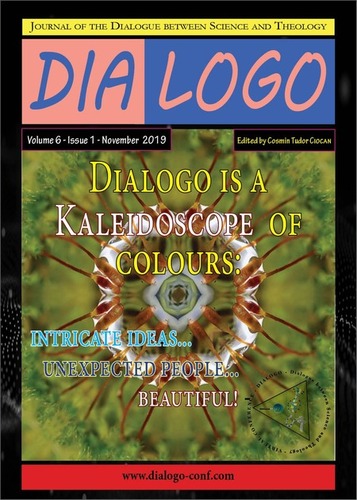Relationship between Religious Feeling and Clinical and Personality Traits in Elderly People
Relationship between Religious Feeling and Clinical and Personality Traits in Elderly People
Author(s): Claudia Sălceanu, Luminita Mihaela SanduSubject(s): Theology and Religion, Psychology of Self, Applied Sociology, Gerontology
Published by: EDIS- Publishing Institution of the University of Zilina
Keywords: religious feeling; anxiety; depression; fear of aging; paranoia; mania; self-esteem; autonomy; moral values; elderly people;
Summary/Abstract: Although aging is a biological process, genetically determined and mediated by environmental factors, one of its main characteristics is the gradual dissolution of the human personality. As physiological changes occur and exert a great impact on the physical and mental health of individuals, many old people search for comfort in their relationship with God. Furthermore, due to the reduction of their professional activity, going to church may become, for elderly people, a way of continuing their social life, which they embrace during the last years of their life. A sample of 79 old people, aged between 73 and 86 years, have been assessed with: Clinical Assessment Scales for Elderly people and Autonomy Questionnaire (Cognitrom, Cluj-Napoca, 2012), Religious Feeling Questionnaire (Lupu & Calcan, 2003), Rosenberg’s Self-Esteem Scale and a Moral Values Questionnaire (Sandu & Nadoleanu, 2012). The main objective of the study is to identify the relationship between the religious feeling and some clinical and personality traits in elderly people. Nonparametric correlations were made and the results show that there are strong correlations between religious feeling and depression, mania, self-esteem, and moral values. No significant correlations were found between religious feelings and anxiety, fear of aging, paranoia, and autonomy. Explanations of the results and practical implications of the study are discussed in the end.
Journal: Dialogo
- Issue Year: 6/2019
- Issue No: 1
- Page Range: 70-84
- Page Count: 15
- Language: English

